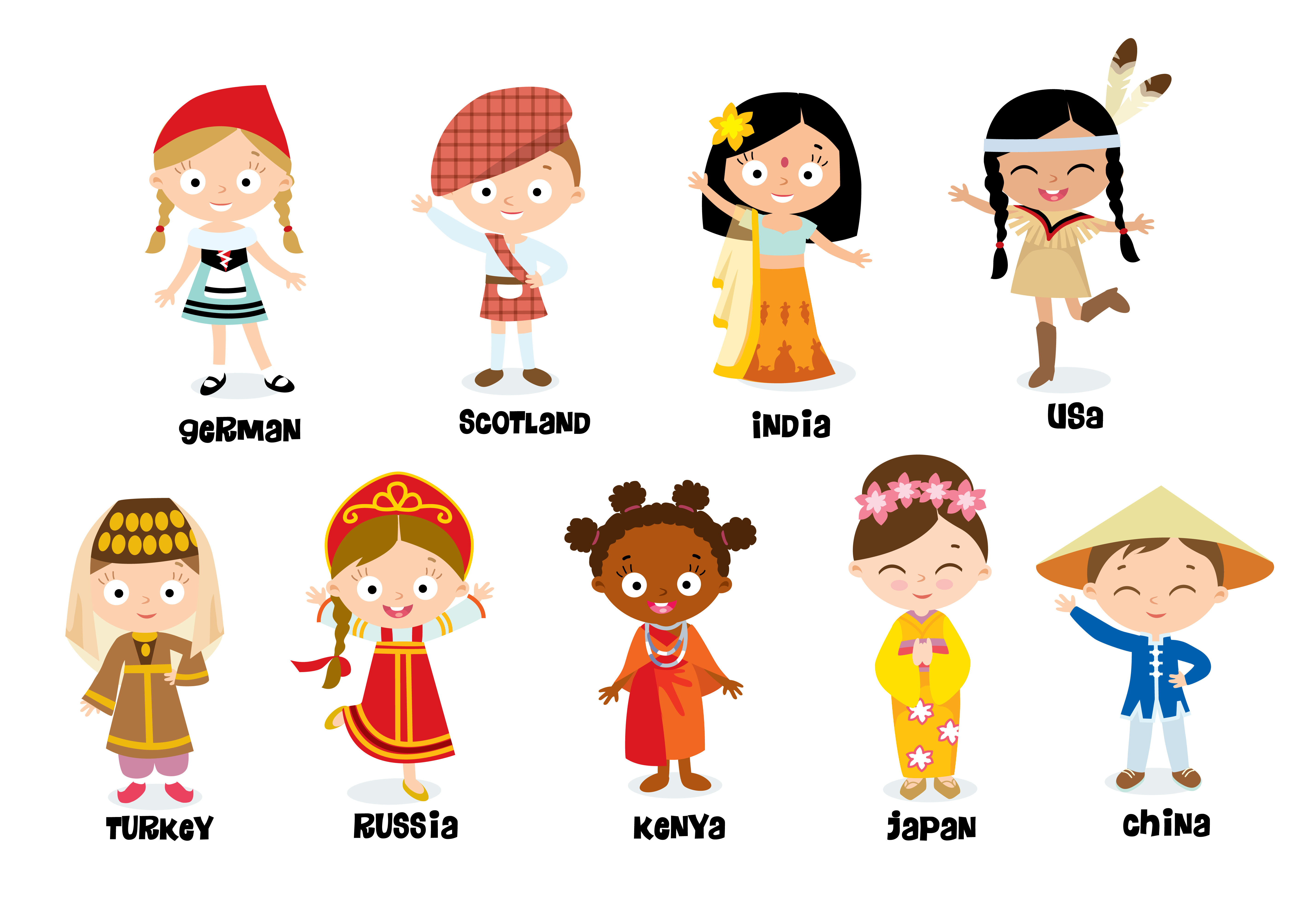Easy Tracing Numbers worksheets activities for Ages 3-9
10 filtered results
-
From - To
Discover our Easy Tracing Numbers Worksheets designed for children ages 3 to 9, perfect for building foundational math skills! These engaging activities encourage early learners to practice writing numbers through fun tracing exercises. Catered to various skill levels, our worksheets help develop motor skills, improve number recognition, and boost confidence in math. With colorful visuals and appealing designs, your child will enjoy practicing with our easy-to-use printable resources. Whether at home or in the classroom, these tracing activities are an excellent way to support learning while keeping young minds entertained. Start your child's educational journey with our delightful number tracing worksheets today!
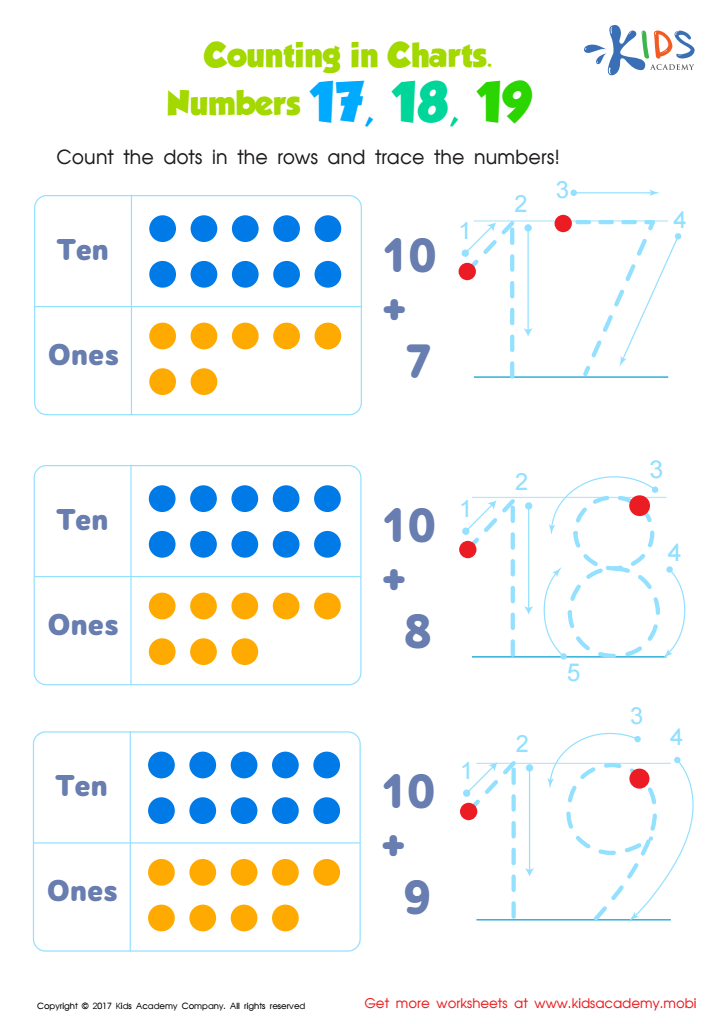

Kindergarten Number Tracing: Counting in Charts Worksheet
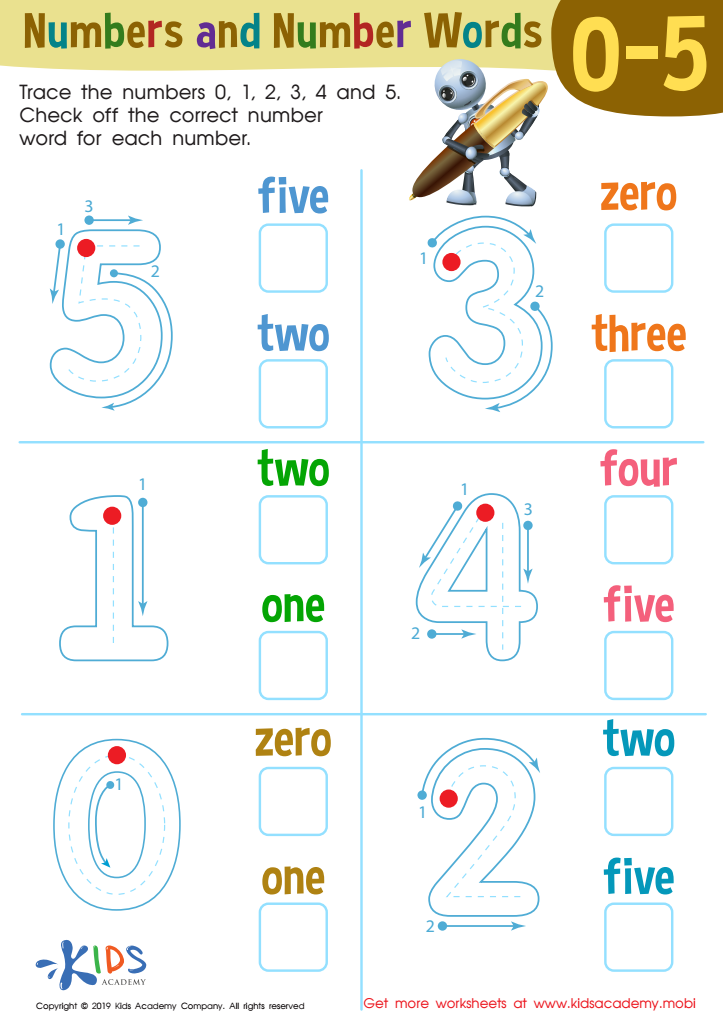

Numbers and Number Words Worksheet
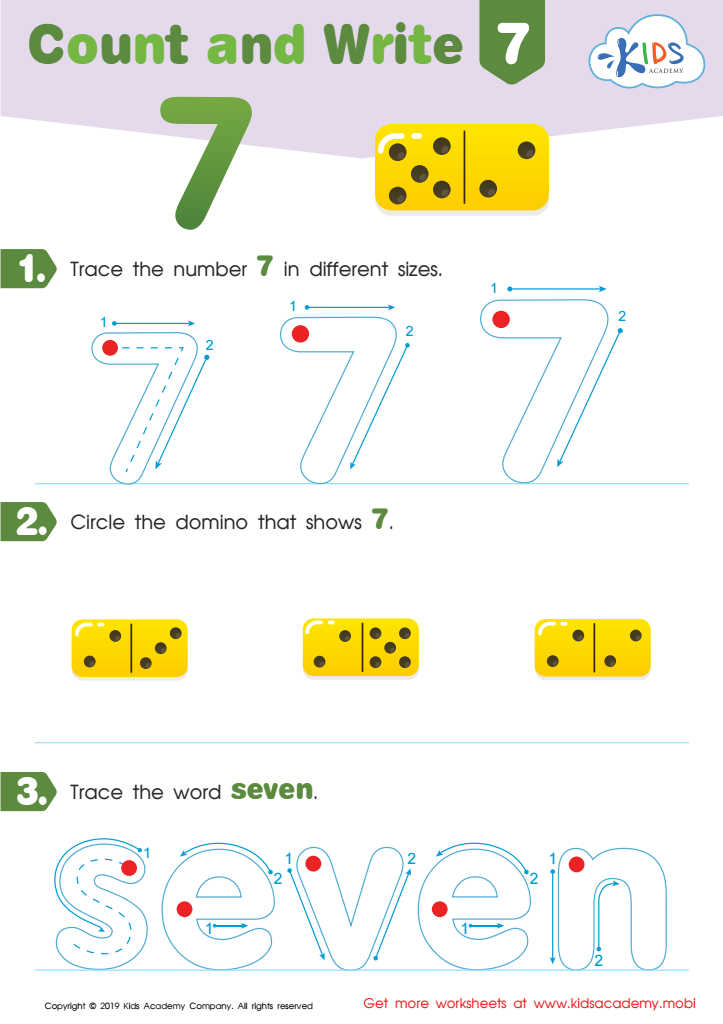

Count and Write 7 Worksheet
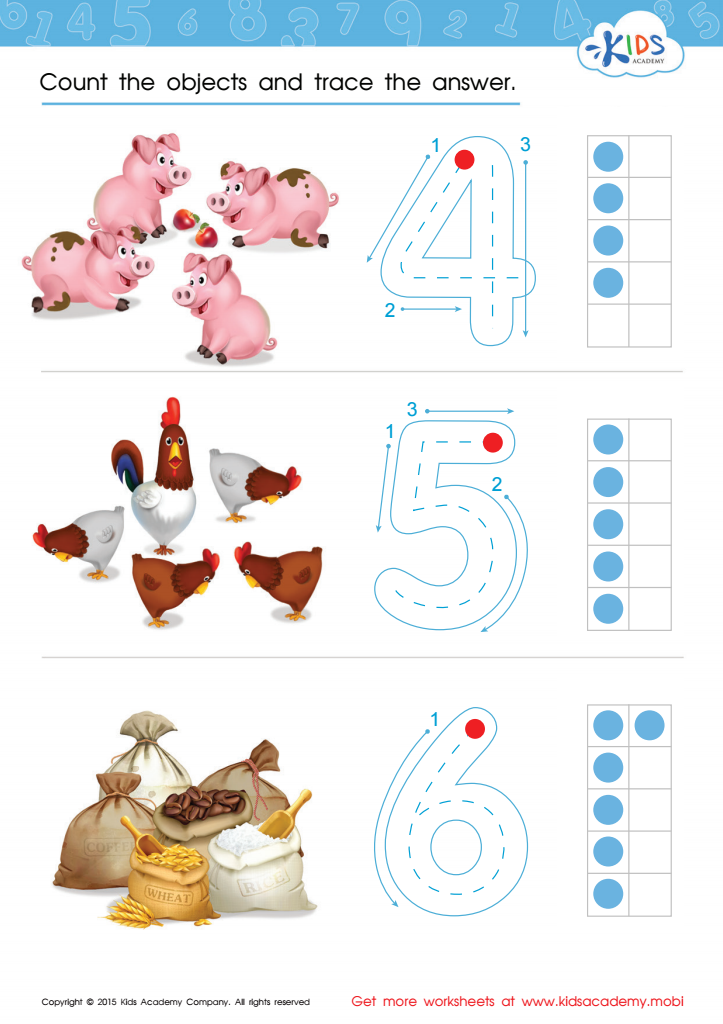

Count and Trace 4 – 6 Worksheet
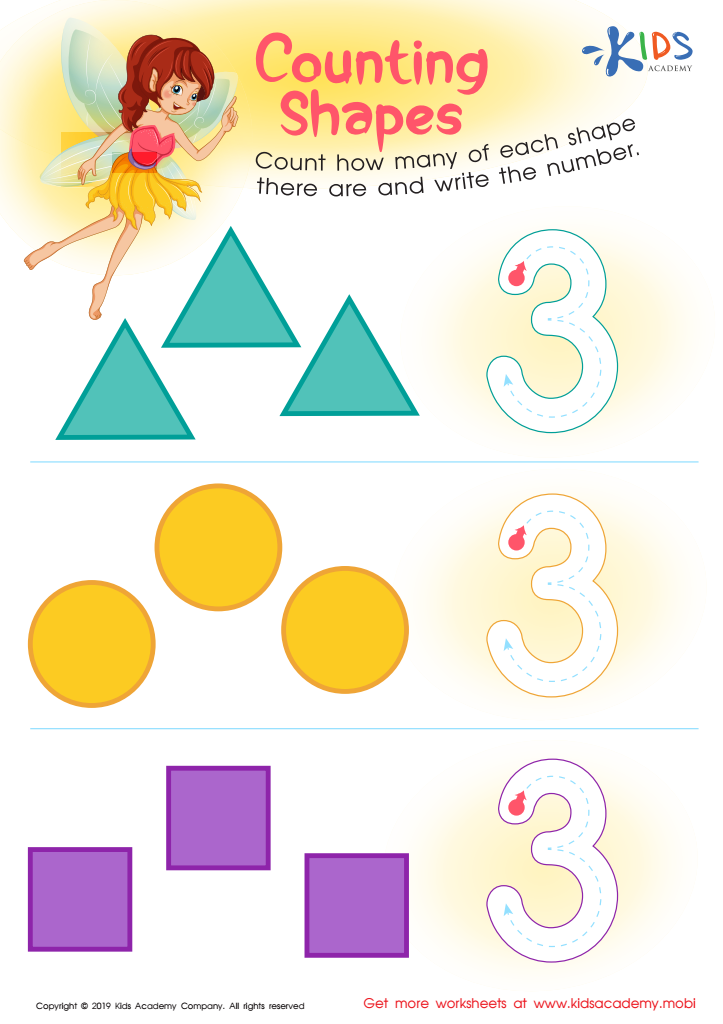

Counting Shapes Worksheet
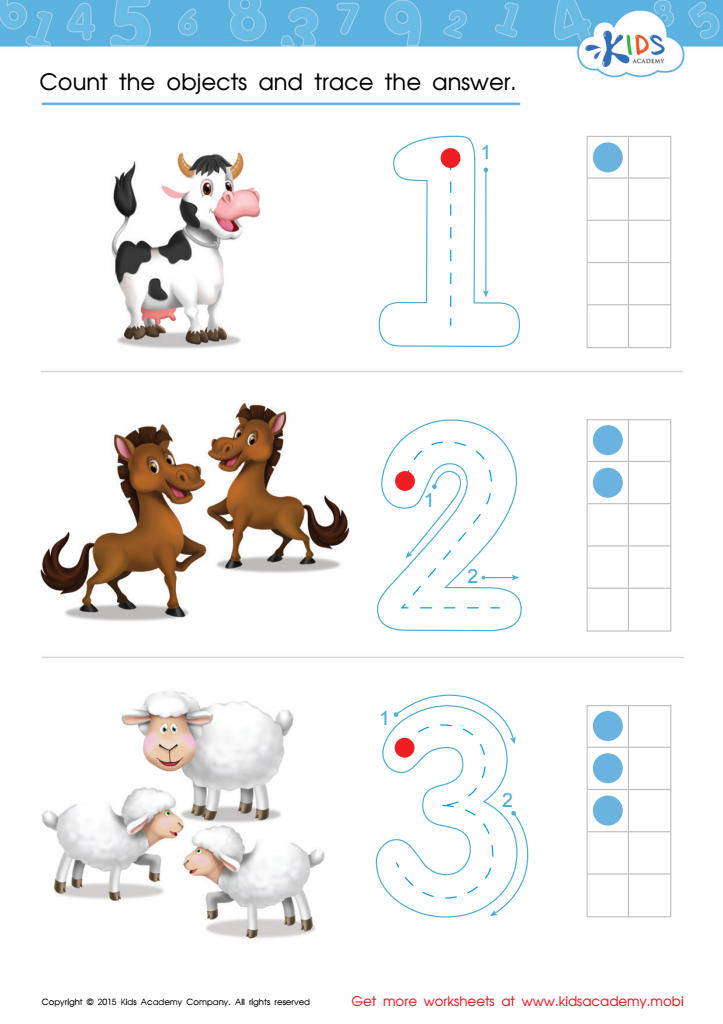

Count and Trace 1 – 3 Worksheet
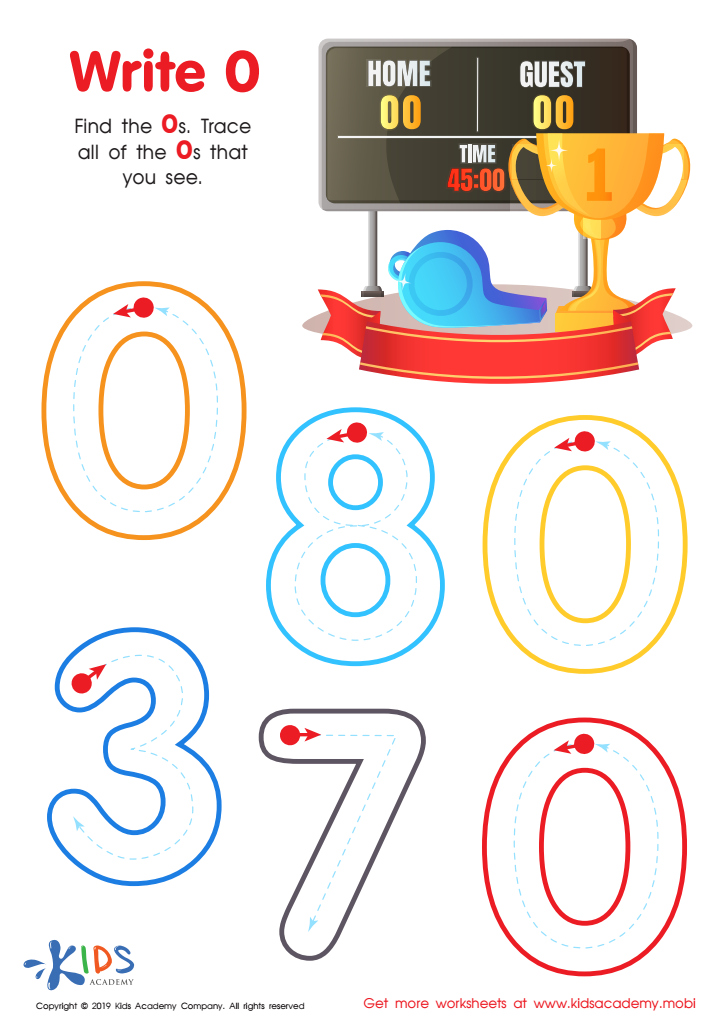

Write 0 Worksheet
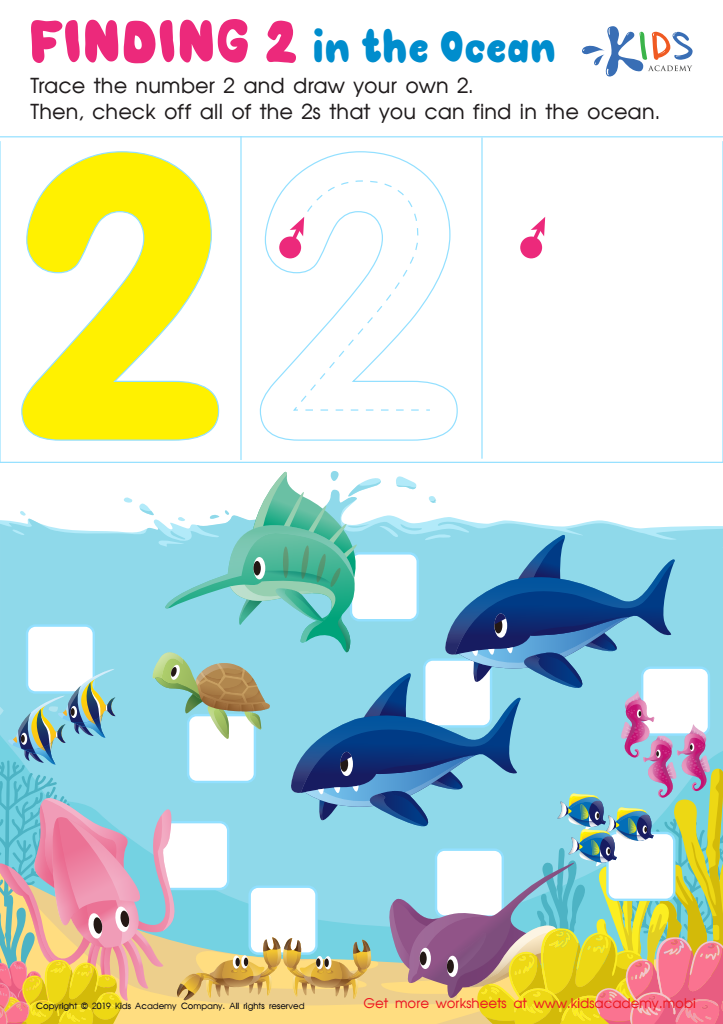

Finding 2: In the Ocean Worksheet
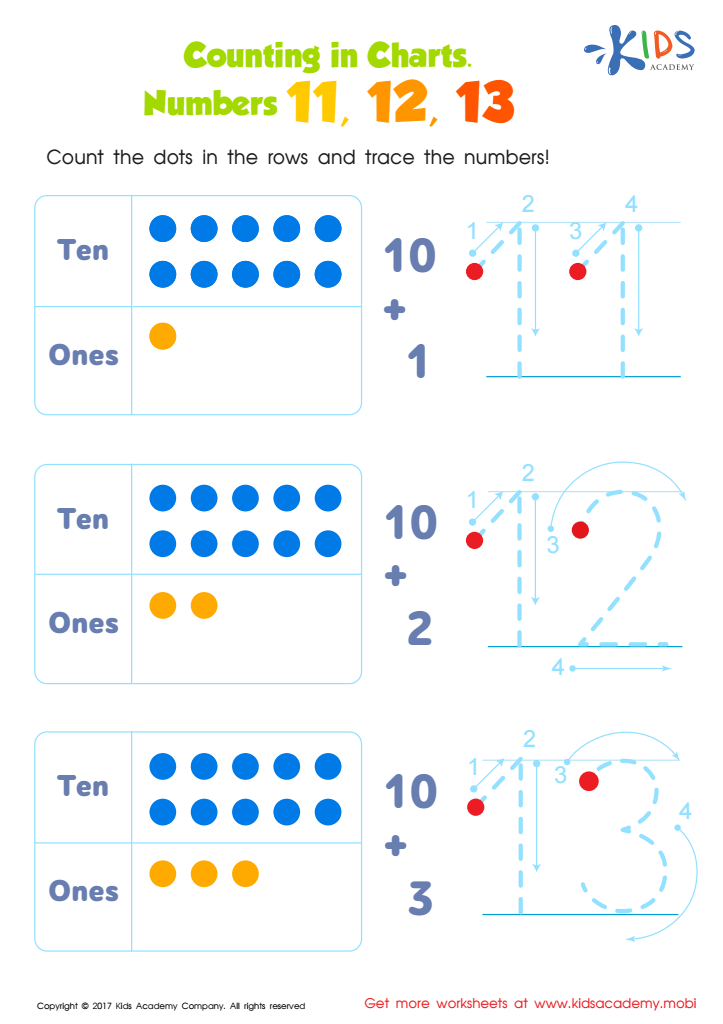

Number Tracing Worksheet For Kindergarten
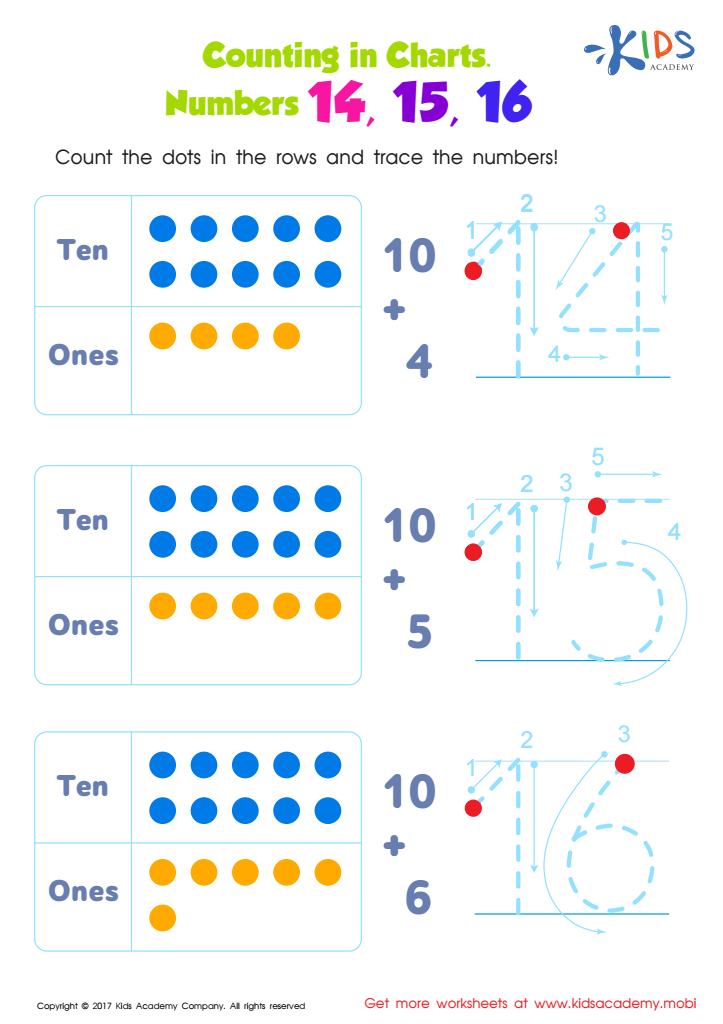

Number Tracing Worksheet
Easy Tracing Numbers activities are essential for children aged 3-9 as they provide foundational skills necessary for mathematical understanding. First, tracing numbers helps enhance fine motor skills, which are crucial for handwriting and other physical tasks. These activities promote hand-eye coordination, ensuring that children develop dexterity while handling writing tools.
Furthermore, tracing numbers engages cognitive skills, reinforcing number recognition and counting methods. As children trace, they begin to understand the shape and structure of numbers, leading to stronger numerical literacy. This lays the groundwork for more advanced mathematical concepts in the future.
Parents and teachers should also recognize that these activities encourage concentration and patience – vital traits for successful learning. Tracing can be an enjoyable activity, allowing for creativity and exploration, thereby nurturing a positive attitude towards learning.
Additionally, Easy Tracing Numbers practices provide opportunities for parental involvement. Engaging in these activities together fosters bonding and communication between parents and children, supporting emotional and social development.
In summary, incorporating Easy Tracing Numbers activities facilitates crucial developmental aspects in early learning, making them a valuable tool for parents and educators alike. The skills acquired from these activities not only impact mathematics but also enhance overall cognitive and motor development.
 Assign to My Students
Assign to My Students




